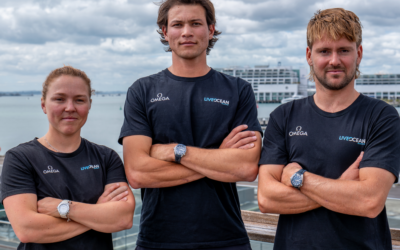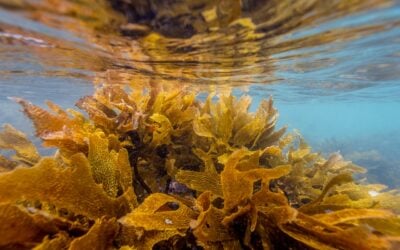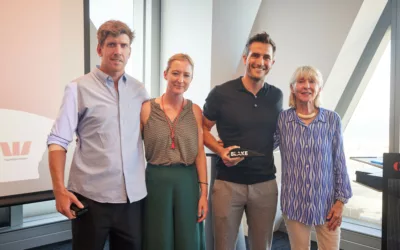A story focused on the same–sex pairings of Antipodean albatrosses as the number of females plummets featured on the BBC’s Frozen Planet II which aired to audiences today.
Over 2,300 of these great ocean voyagers are lost each year (New Zealand Department of Conservation), the majority of them females as they venture north for food and are caught in longline fisheries.
In New Zealand, the Antipodean albatross has become a symbol for the threats these birds face at sea. Aotearoa is the seabird capital of the world with more nesting and breeding here than anywhere else on the planet. Currently, 90% of our seabirds are threatened with or at risk of extinction (New Zealand Ministry of Environment).
Seabird bycatch is unnecessary and preventable. While most of these birds are caught in international waters, they are still catching them in New Zealand.
A Memorandum of Understanding (MOU) signed in December 2021 by the governments of New Zealand and Spain agreed to promote the adoption of best practice fishing methods, including using what is known as ‘three of out three’ – weighted lines, bird-scaring lines and night setting. Action is now needed to implement the agreement, promoting and regulating the uptake of these fishing methods by fleets to reduce bycatch altogether and convince other nations to do the same.
The plight of the Antipodean albatross was the first project sailors Peter Burling and Blair Tuke got behind when they established Live Ocean Foundation.
The foundation has provided funding for satellite tags deployed in early 2020 as part of the Department of Conservation’s long-term monitoring plan and supported the 2020/2021 voyage to the Antipodes Islands, which saw the largest ever deployment of satellite trackers on an albatross population in New Zealand. The monitoring programme is designed to track where their feeding grounds overlap with fishing fleets.
The BBC tells a beautiful yet heartbreaking story, and one which requires an urgent and collaborative response. With an expected 1 billion viewers for the series, the story of the Antipodean albatross will reach new heights.
To find out more information about Live Ocean Foundation’s support of the Antipodean albatross, click here.



